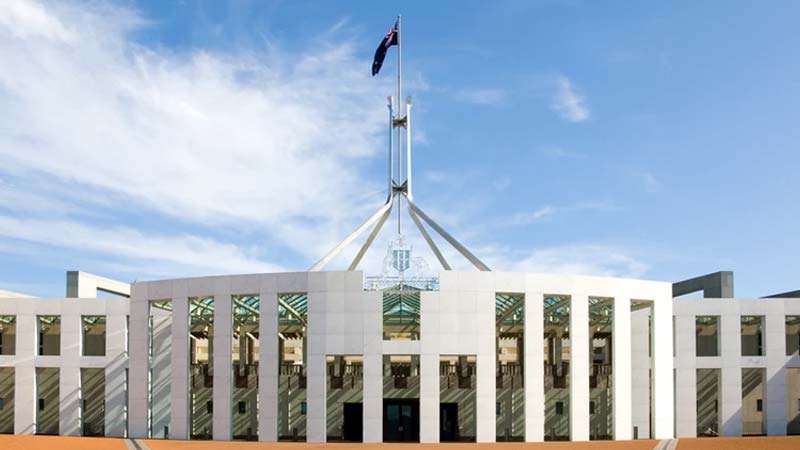If you’re a business owner at the moment you are probably treading the most perilous path in your company’s history. The coronavirus has brought with it the biggest shake-up in economic conditions for nearly 100 years.
This challenging economic environment brings with it an often confusing collection of government supports to keep businesses afloat. There are also new ways of looking at your business to minimise the tax you might pay. The following are some key areas to be aware of as you navigate FY20 through to FY21.
1. $150,000 Instant asset write-off extended
The instant asset write-off rules were re-written for the Corona-crisis. This allows business owners to bring forward the tax deduction on newly purchased assets. Most businesses will be now be eligible to claim an immediate tax deduction for the full value of new assets up to the value of $150,000. This is a significant increase from what was instantly claimable previously. The current instant asset write-off rules are however set to change at the end of 2020 calendar year.
2. JobKeeper tax treatment for business owners
The JobKeeper payment has been a lifeline to businesses to help pay and retain their employees during the downturn. From a tax perspective, JobKeeper payments made to employers by the ATO are treated as business income so tax is payable, even for sole-traders.
As for employees, the usual personal income tax rules apply which include all employer payments including the JobKeeper portion.
3. Coronavirus SME Guarantee Scheme
The Coronavirus SME Guarantee Scheme is designed to help provide access to short-term finance to help with cash flow. It is feared that many businesses may not ordinarily be eligible for cash flow finance during this period. The Federal Government is therefore guaranteeing 50 per cent of loans (from eligible lenders) up to 30 September 2020.
This means businesses with a turnover of up to $50 million can loan from up to $250,000 for up to three years with an initial six month repayment holiday. The loans are also unsecured meaning the business does not have to put up any assets themselves to secure the loan.
4. Writing off old stock
If you had surplus stock (in particular perishable items) which had to be thrown out due to lower than expected sales, then this obsolete stock may be written off as a tax deduction.
The hospitality industry has been hit particularly hard by the shutdown both through forced closures and limited re-opening rules. Keeping track of stock which has expired due to fluctuating sales may help minimise tax.
Note: A business cannot claim for unsold stock which is still in a sellable condition.
5. Writing off bad debts
Unfortunately some customers may not be able to meet their financial commitments due to the challenges of operating in the COVID economy. This may leave you with some debts you are unable to recover.
These debts can be written off if it’s clear these payments will not be forthcoming. You can however only claim for income that was declared as assessable income in the relevant financial year.
Keeping up to date on new business tax rulings
As health conditions change, rules affecting operation business change along with the relevant support or stimulus. The only certainty is that this will continue for some time. For now, being fully across the latest measures to help your business survive is nearly a full-time job in itself.
Having a business partner like Saige to guide you through this period of uncertainty is a good idea. Talk to us about how we can improve your cash flow, minimise tax and take advantage of the available government stimulus packages.




